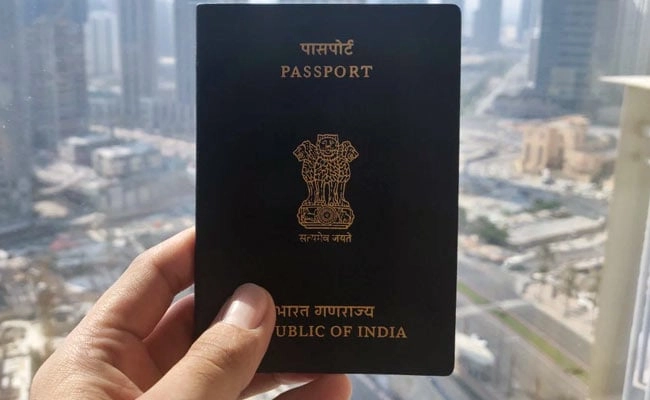In a significant ruling, a US court has dismissed the claim regarding the alleged service of summons on Ajit Doval, India’s National Security Advisor. This decision comes in the context of a broader legal dispute that has attracted attention due to the prominent role Doval plays in India’s national security and foreign policy. The case emerged from a lawsuit filed by individuals or entities who sought to hold Doval accountable for actions related to his official duties, raising questions about jurisdiction and the application of international law.
The court’s ruling underscores the complexities involved in serving legal documents to high-ranking officials, especially those operating within the framework of another nation’s sovereignty. The judge noted that for a summons to be considered valid, it must meet specific legal criteria, including proper jurisdiction and adherence to international norms. In this instance, the court found that the claims made against Doval did not sufficiently establish a basis for asserting jurisdiction over him in the United States. This outcome reflects a cautious approach by the judiciary in dealing with cases that intersect with diplomatic relations and national security matters.
The implications of this ruling extend beyond the immediate case, as it highlights the challenges faced by litigants seeking to hold foreign officials accountable in US courts. It raises essential discussions about the balance between accountability for actions taken in an official capacity and the principles of diplomatic immunity. The court’s decision may serve as a precedent in future cases involving foreign officials, reinforcing the notion that while accountability is crucial, it must be navigated within the confines of established legal frameworks and international relations.
As the legal landscape continues to evolve, this case serves as a reminder of the intricate interplay between domestic law and international diplomacy. The ruling not only affects the parties involved but also sets a tone for how similar cases may be treated in the future. In an era where global interconnectedness is paramount, the judiciary’s role in addressing these complex issues will remain critical in shaping the framework for international legal accountability.




